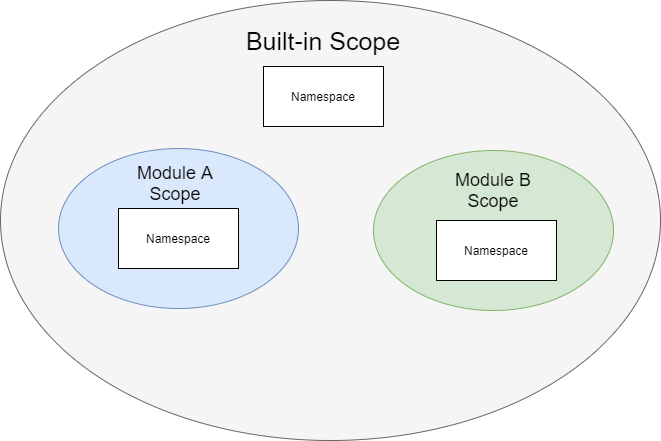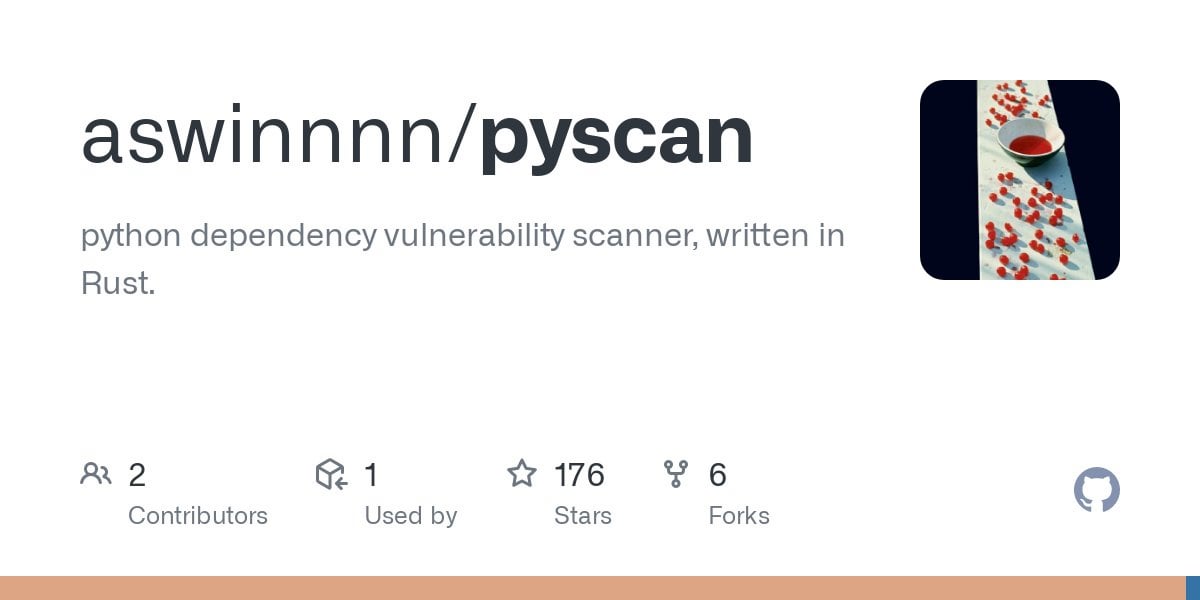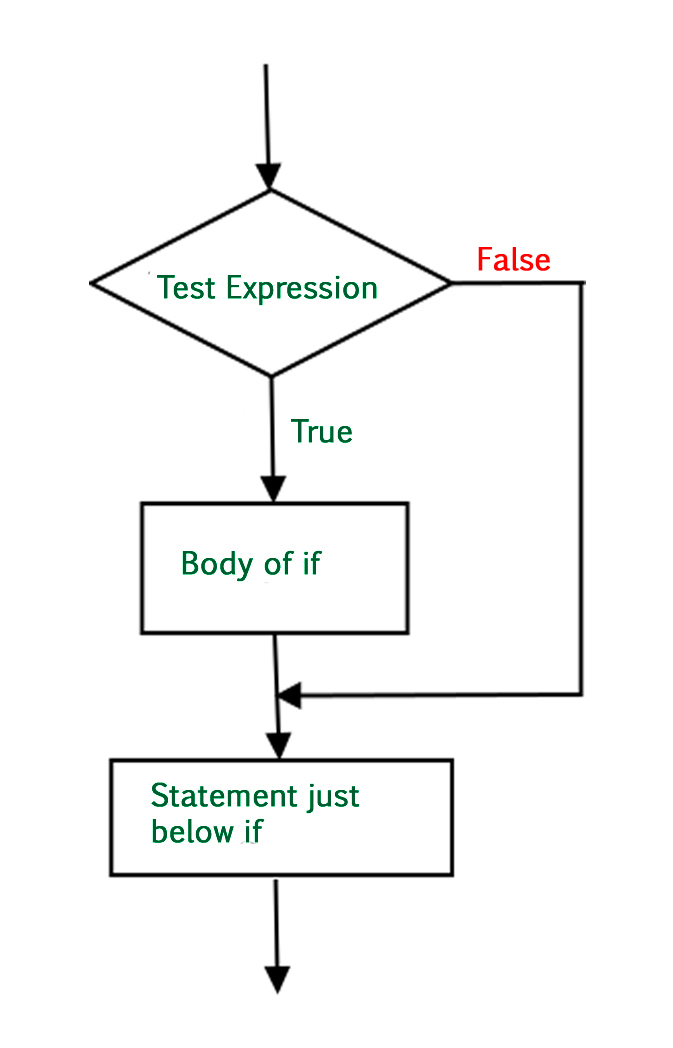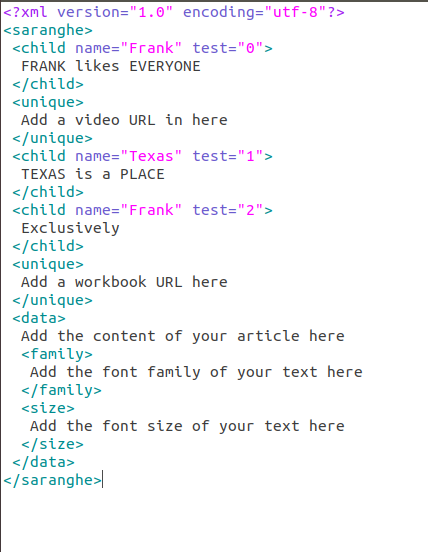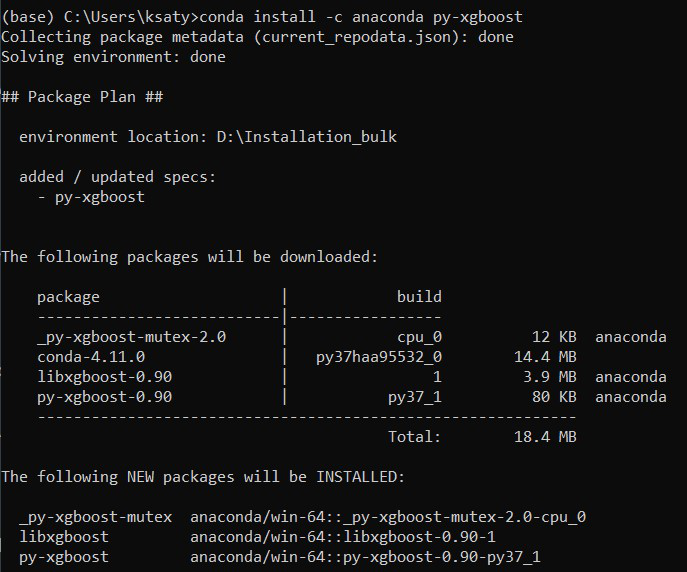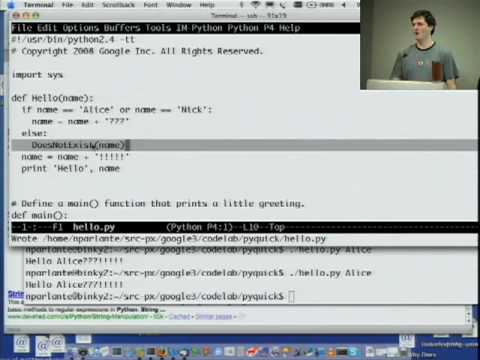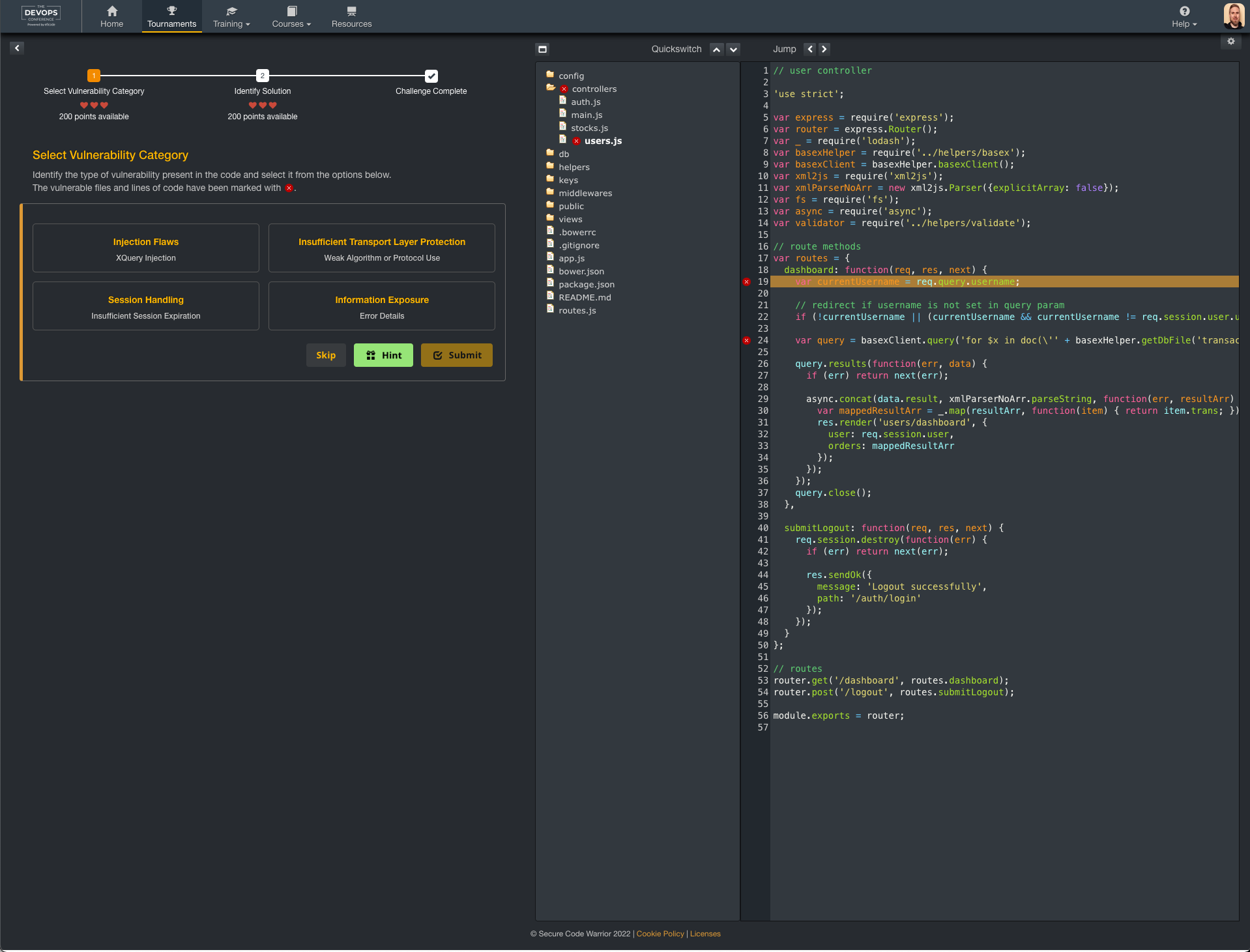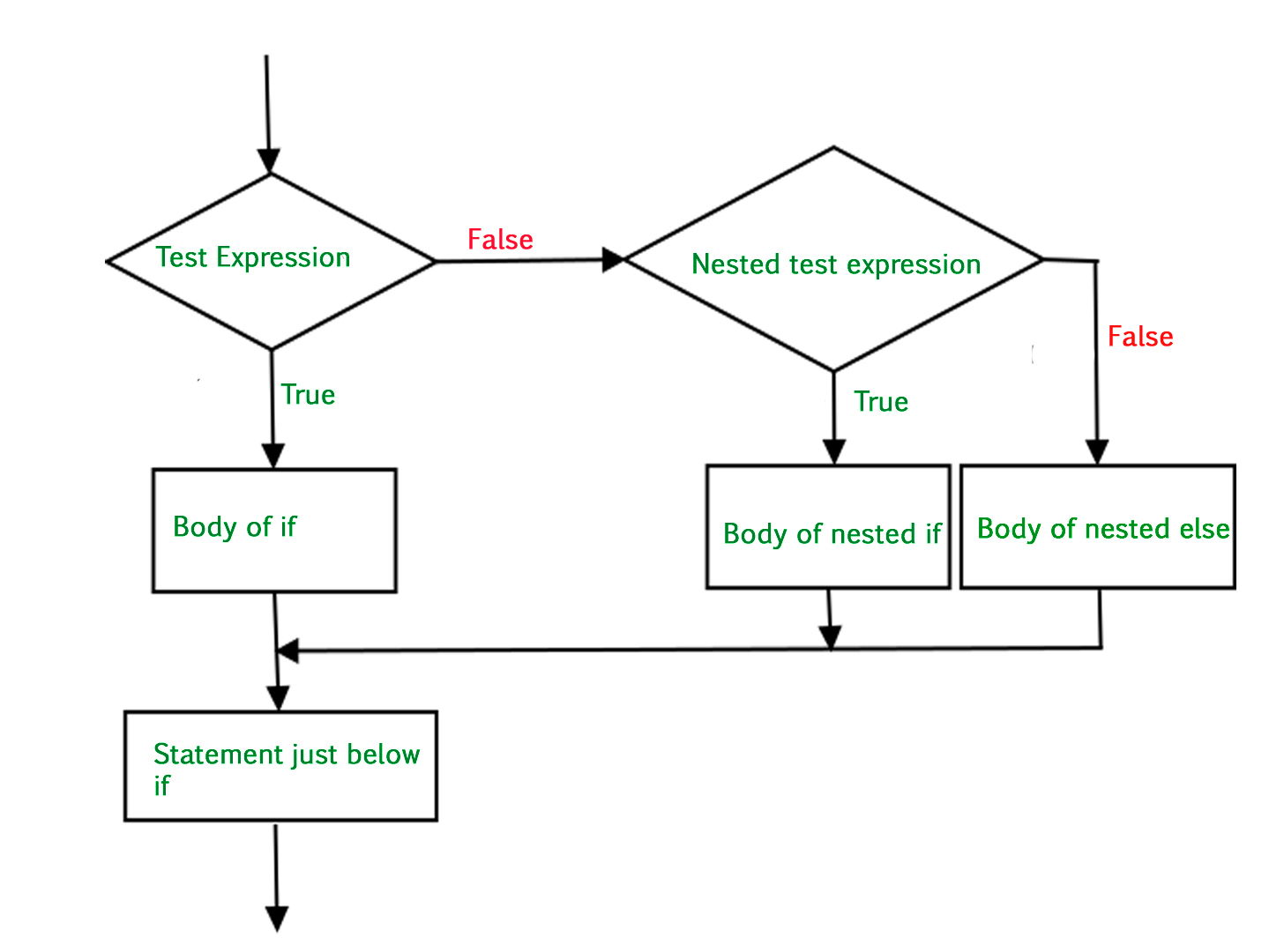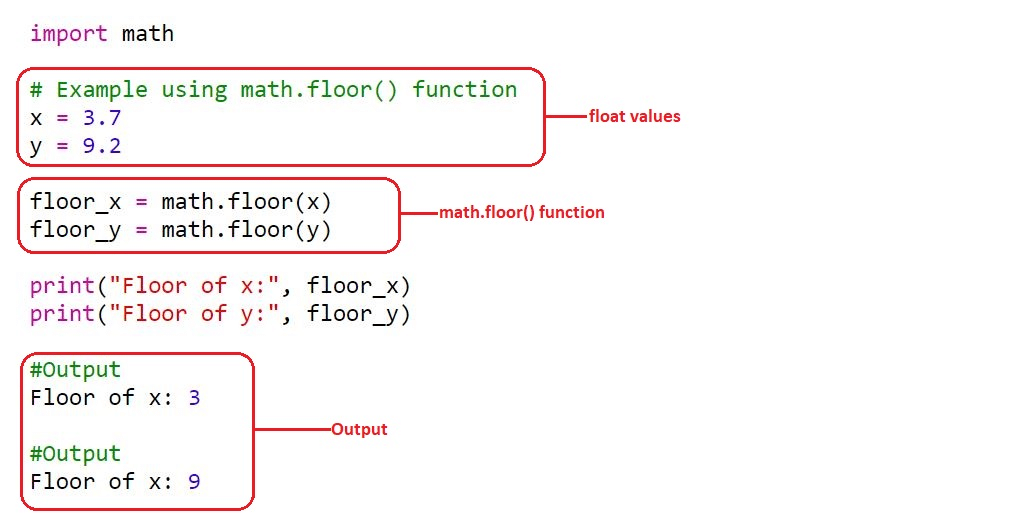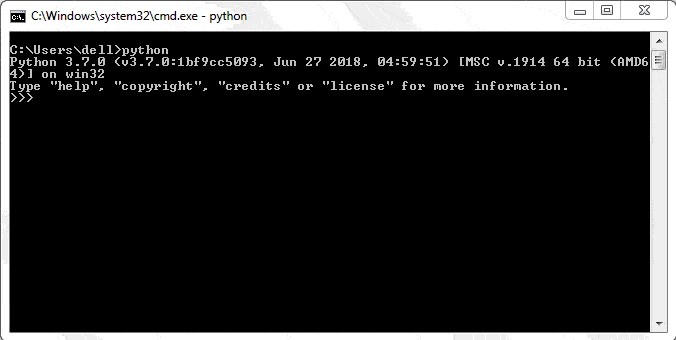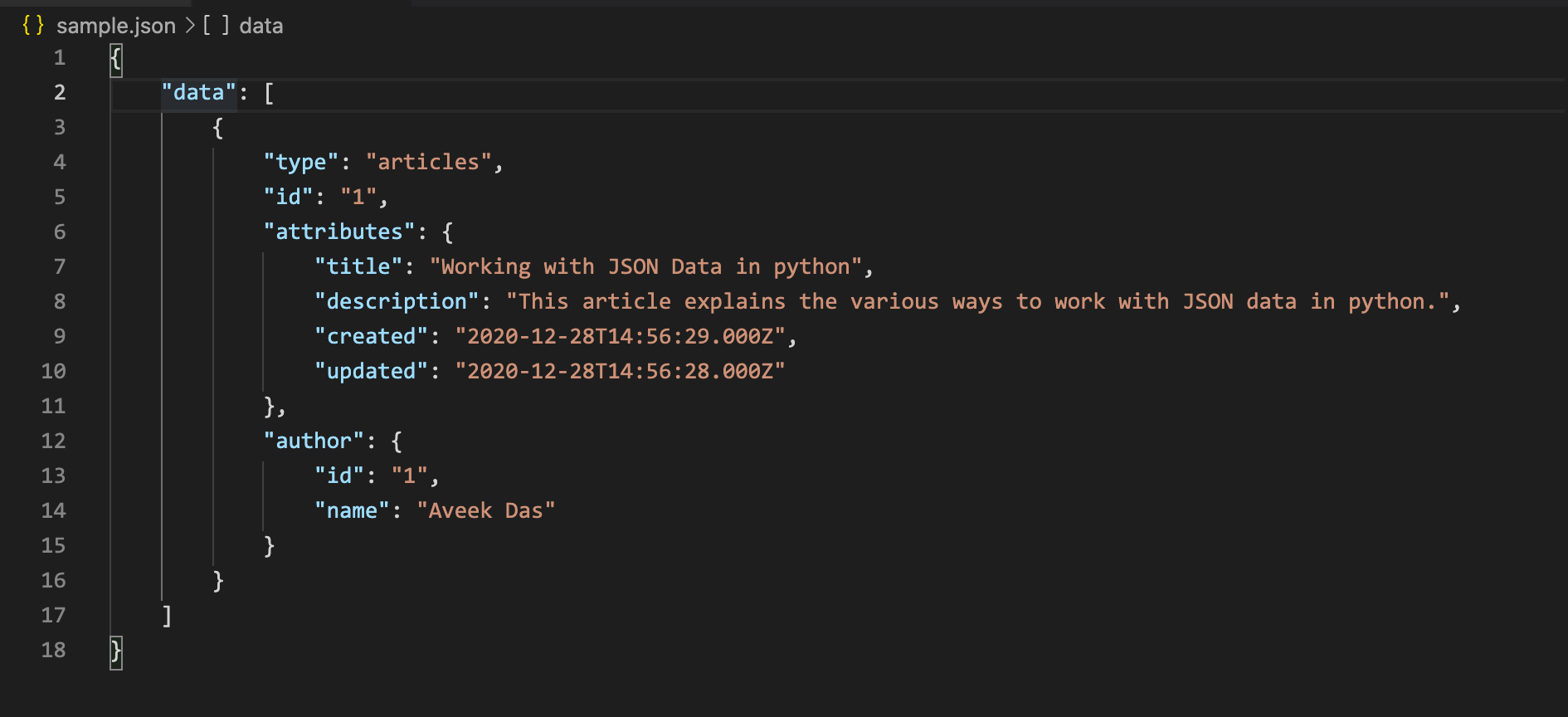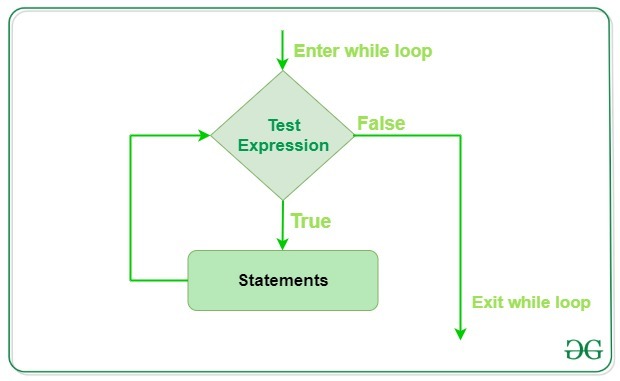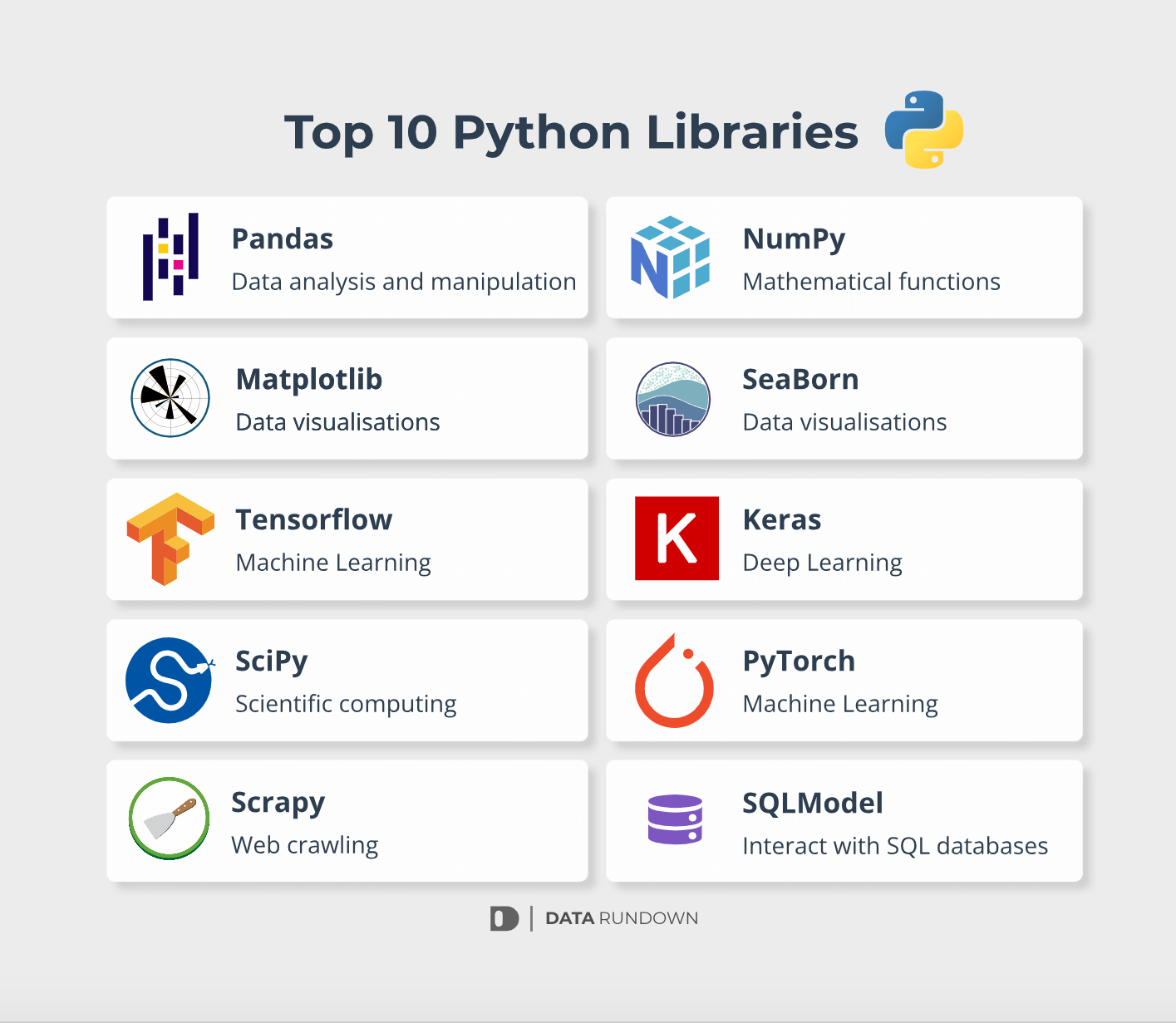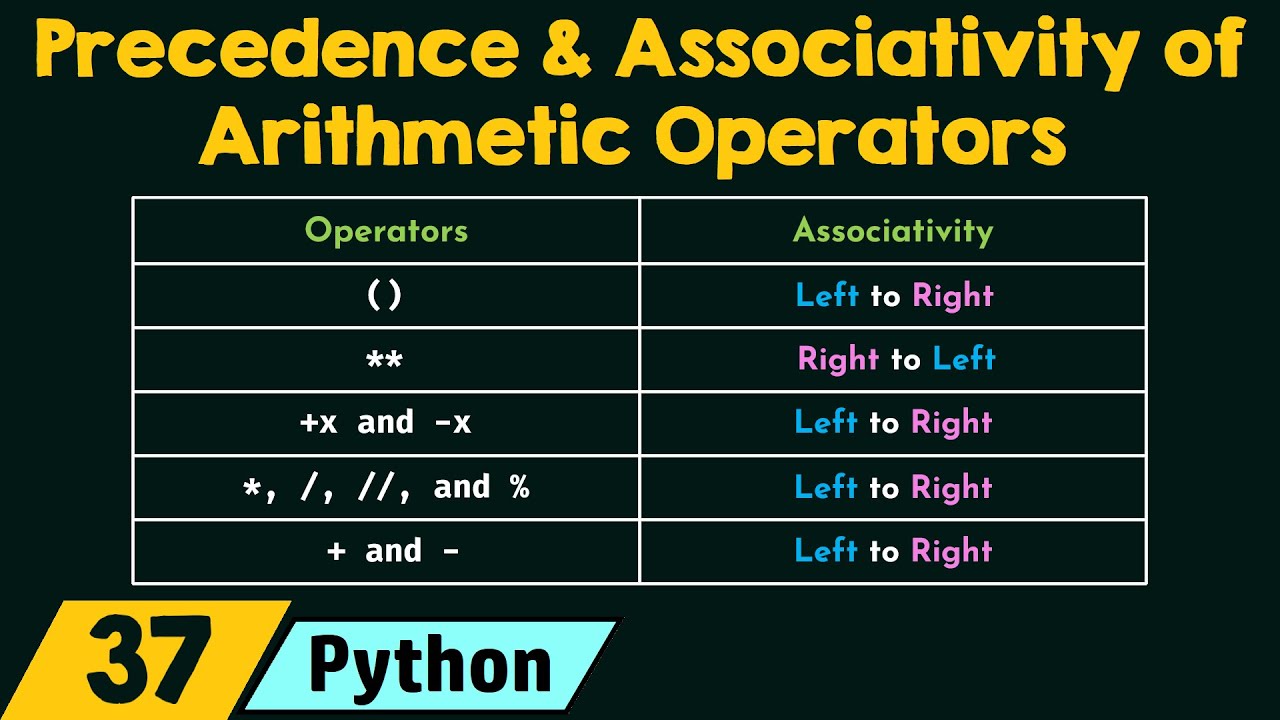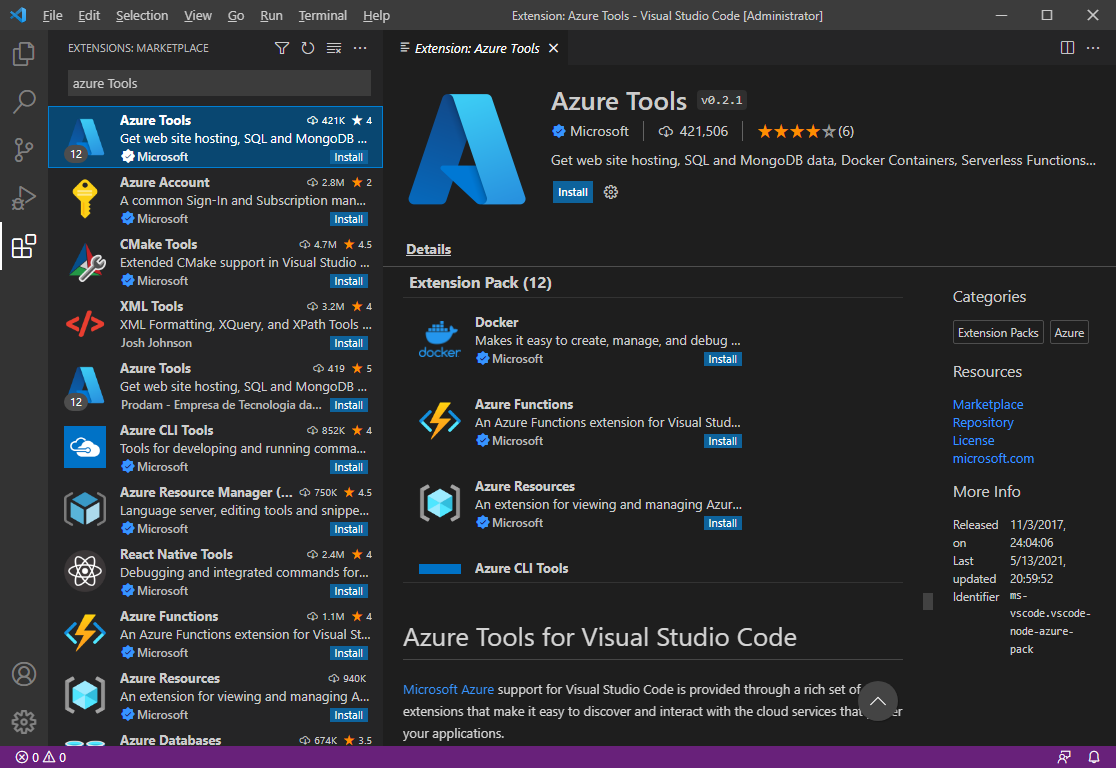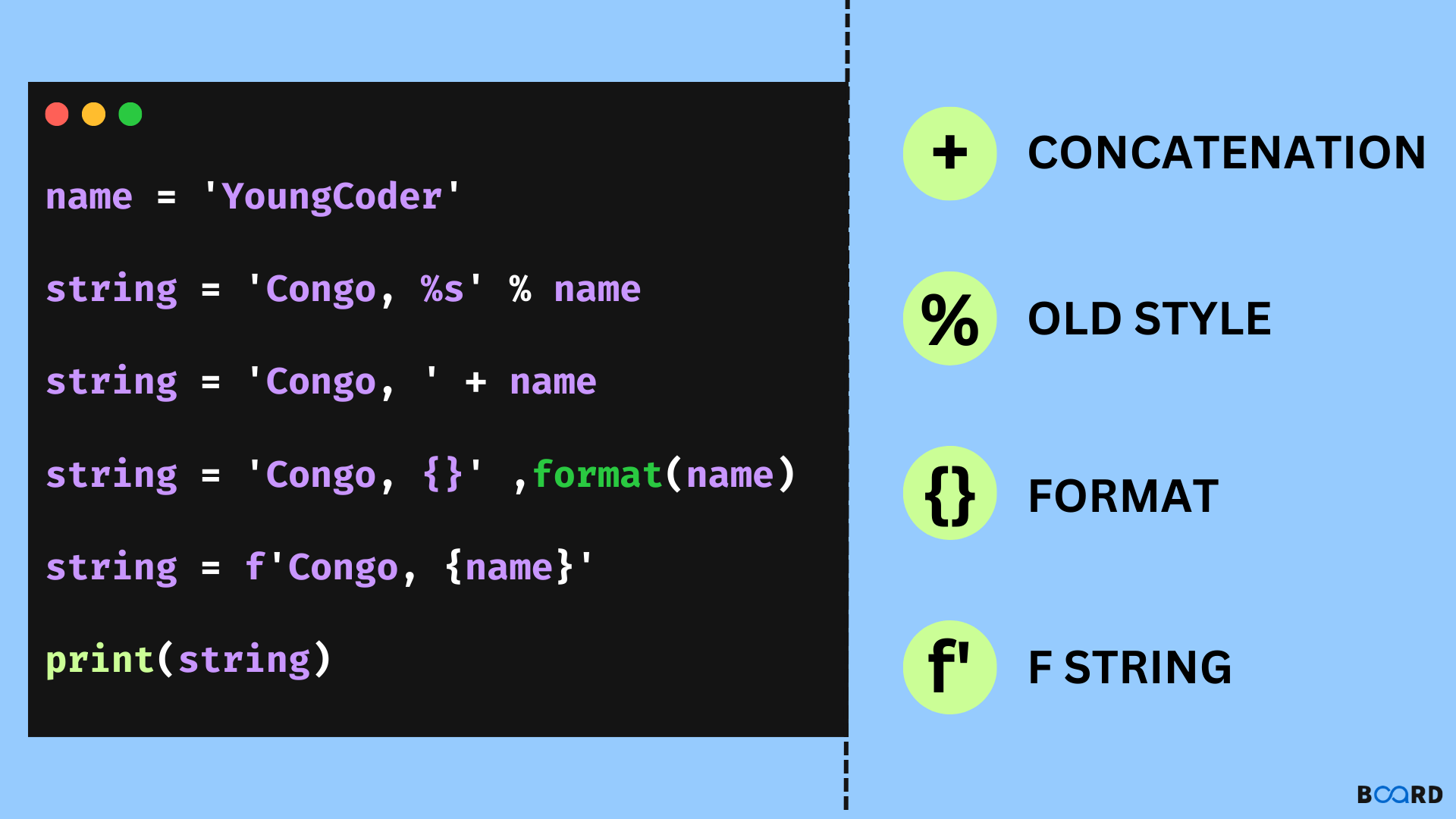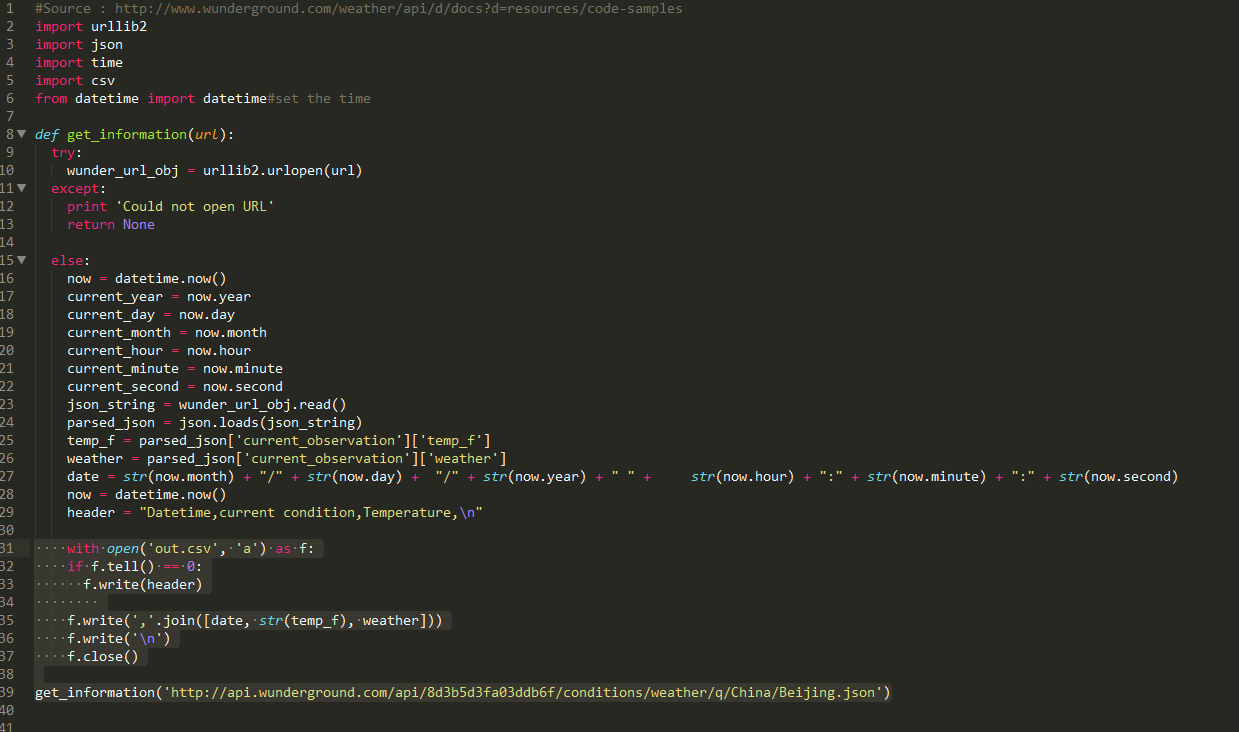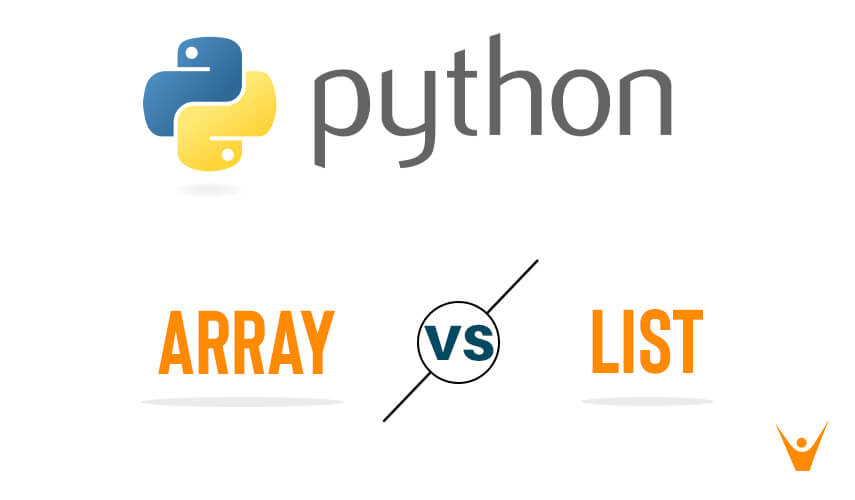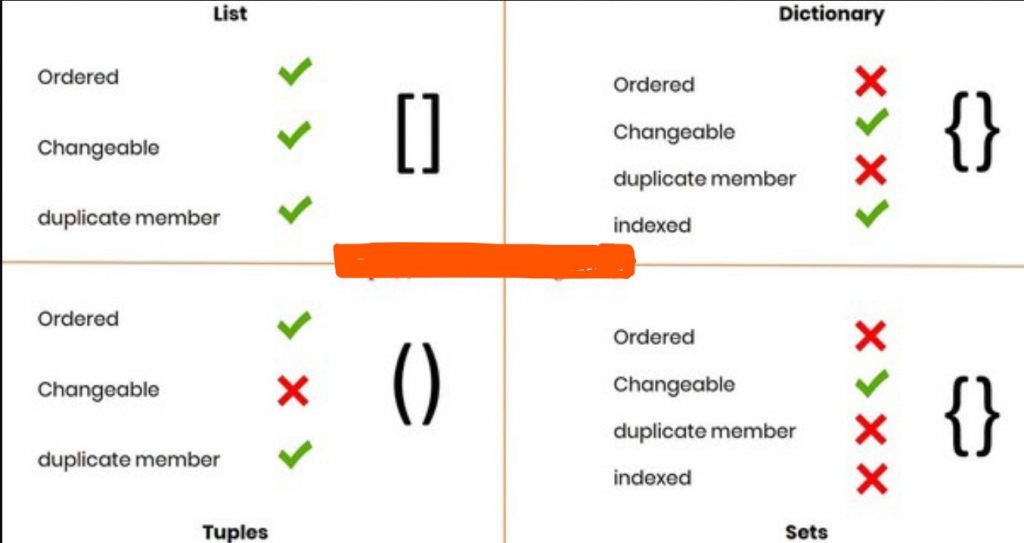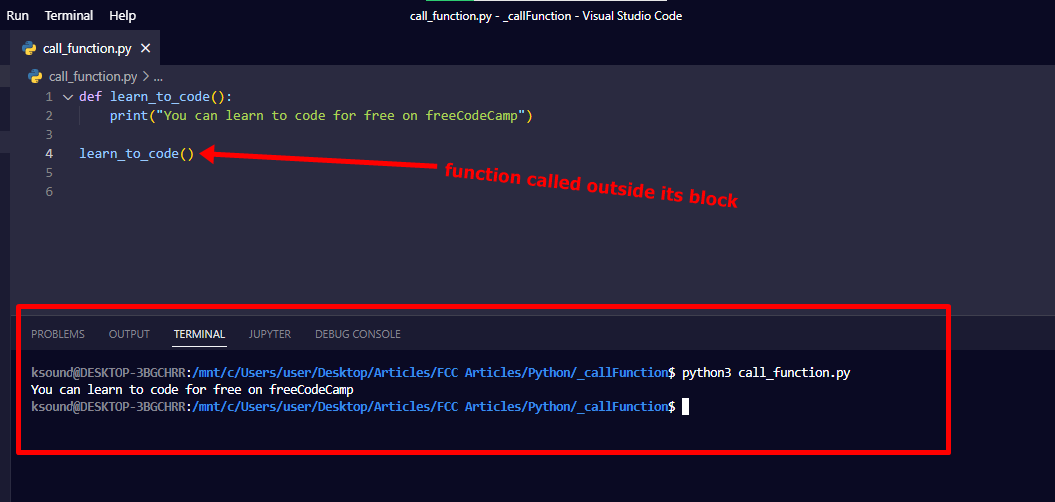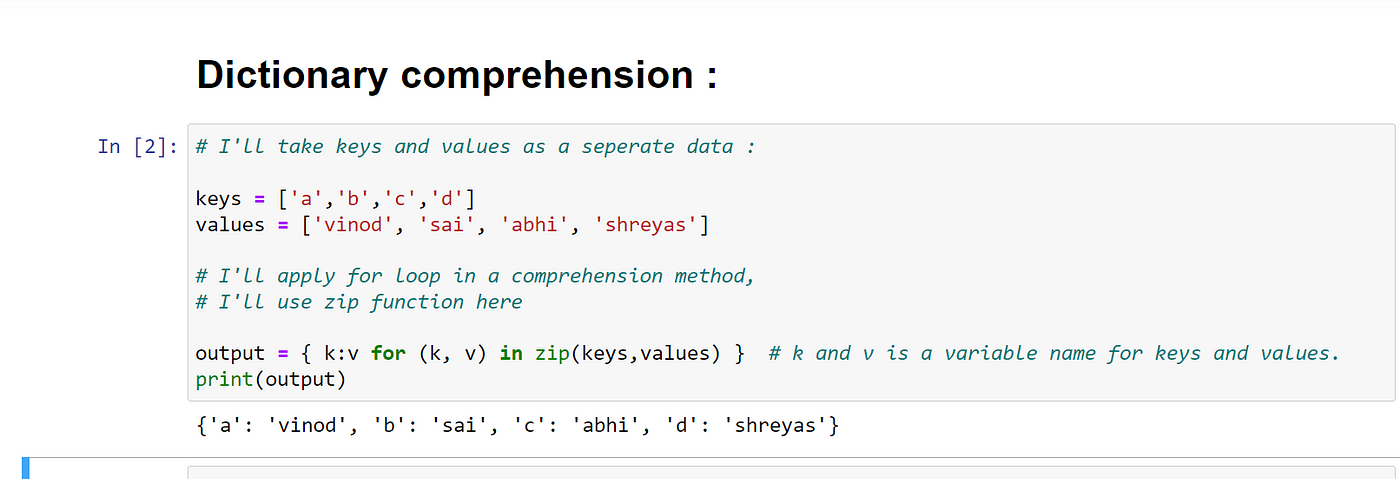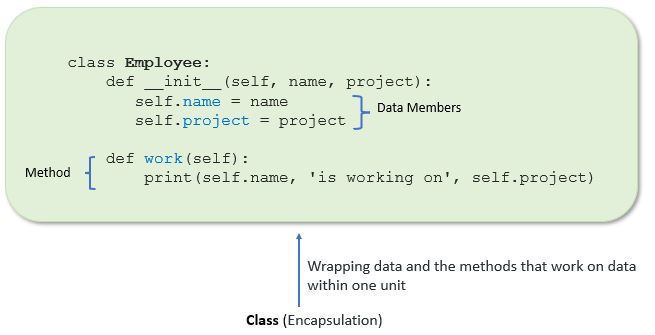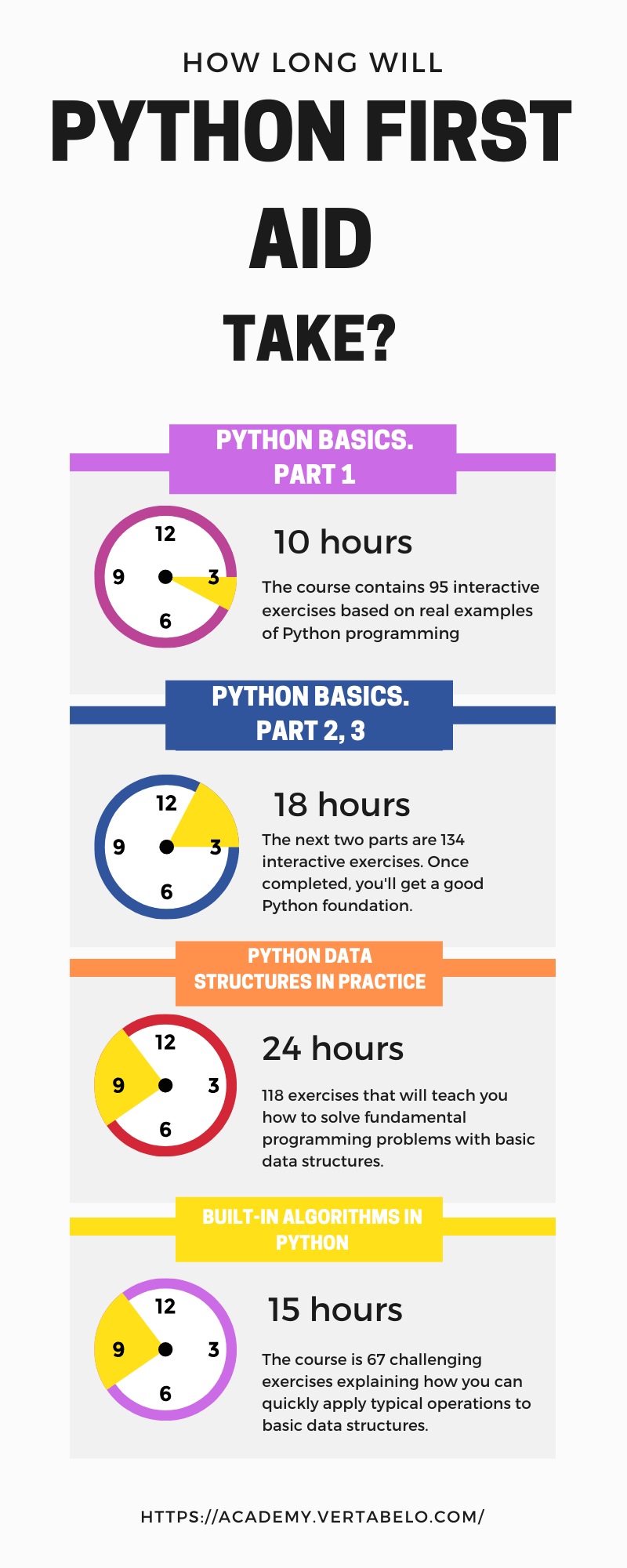Is Python useful in the real world?
Is Python useful in the real world?
Python is an incredibly versatile and powerful programming language that has numerous applications in the real world. Its popularity stems from its simplicity, flexibility, and ease of use, making it a go-to choice for developers, data scientists, researchers, and even beginners.
Here are some examples of how Python finds practical uses:
Web Development: Python is used to build web applications using frameworks like Django and Flask. Many popular websites, such as Instagram and Pinterest, rely on Python for their backend development. Data Science and Machine Learning: Python's extensive libraries (NumPy, pandas, scikit-learn) and simplicity make it an ideal choice for data analysis, visualization, and machine learning tasks. Companies like Netflix, Google, and Facebook utilize Python to analyze vast amounts of data and train AI models. Automation: Python is often used in automation testing, where it can control other software applications, automate repetitive tasks, and perform system administration duties. This is especially useful in industries like finance, healthcare, and manufacturing. Scientific Computing: Researchers and scientists use Python to analyze and visualize complex data, simulate experiments, and create models for various fields, such as physics, biology, and climate modeling. Game Development: Python's ease of use and flexibility make it a popular choice for game development, especially for indie game developers. The Pygame library provides an accessible way to create 2D games. Education: Python is widely taught in schools and universities due to its simplicity, making it an excellent introduction to programming languages. This leads to a new generation of programmers familiar with the language. Research and Academia: Python is used extensively in various research fields, such as physics, biology, and social sciences, for data analysis, visualization, and computational modeling. Automation of Business Processes: Companies like Amazon, Airbnb, and Uber use Python to automate tasks, such as customer service chatbots, payment processing, and inventory management. Cybersecurity: Python's versatility makes it an excellent choice for security researchers and ethical hackers, who use it to develop tools for penetration testing, vulnerability assessment, and malware analysis. Home Automation: Python is used in home automation projects, allowing users to control devices, such as lights, thermostats, and security cameras, remotely or through voice assistants.In conclusion, Python's real-world applications are vast and varied. Its simplicity, flexibility, and ease of use make it an attractive choice for developers, researchers, and individuals alike. Whether you're looking to automate tasks, build web applications, analyze data, or develop machine learning models, Python is an incredibly useful programming language that can help you achieve your goals.
Should I learn Python or JavaScript
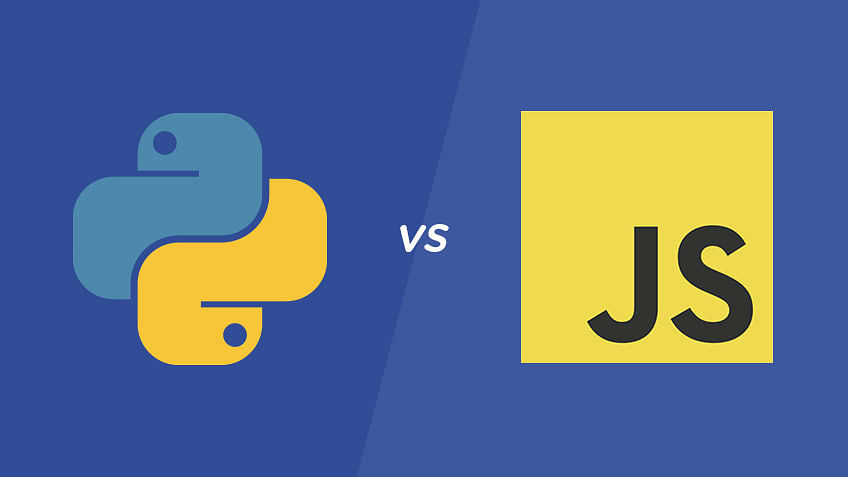
The age-old debate: Python or JavaScript? Both are popular programming languages with their own strengths and use cases. Here's a breakdown to help you decide:
Python
Pros:
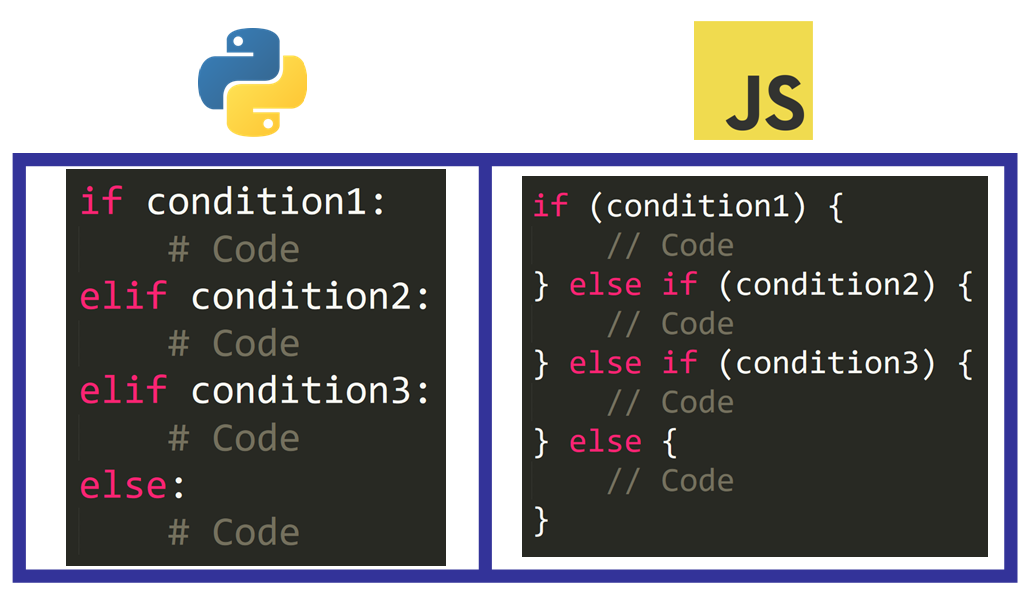

Cons:
Slow performance: Python's interpreted nature means it may not be the most efficient choice for high-performance applications or those requiring real-time processing. Not as popular for web development: While still widely used, Python isn't as commonly used for web development as JavaScript is.JavaScript
Pros:
Ubiquitous in web development: JavaScript is the language of the web, used by most websites for client-side scripting and dynamic content management. Fast and efficient: JavaScript's just-in-time compilation and execution mean it can handle complex tasks and real-time interactions efficiently. Dynamic nature: JavaScript's ability to manipulate HTML and CSS elements makes it ideal for interactive web applications. Widespread adoption: JavaScript is used by most websites, making it a valuable skillset for any web developer.Cons:
Steep learning curve: JavaScript's syntax can be challenging for beginners, especially those without prior programming experience. Limited use outside of web development: While possible to use JavaScript in other areas like desktop applications or mobile app development, its primary focus is on the web.The Verdict
If you're interested in:
General-purpose programming with a strong emphasis on data analysis, automation, and machine learning, Python might be the better choice. Web development, particularly for client-side scripting, JavaScript is an excellent starting point.Consider your goals and interests before making a decision. You can't go wrong with learning both languages, as they complement each other well. Many projects require expertise in both Python and JavaScript to achieve their full potential.
Final Tips
Start with the basics: Focus on understanding programming fundamentals before diving into specific languages. Practice: The best way to learn is through hands-on experience. Start building small projects or contributing to open-source initiatives to develop your skills. Experiment and explore: Don't be afraid to try new things, even if they don't work out as planned. This will help you grow as a developer and develop problem-solving skills.In conclusion, both Python and JavaScript are excellent choices for beginners and experienced developers alike. By understanding the strengths and weaknesses of each language, you'll be better equipped to make an informed decision about which one to focus on first. Happy coding!
